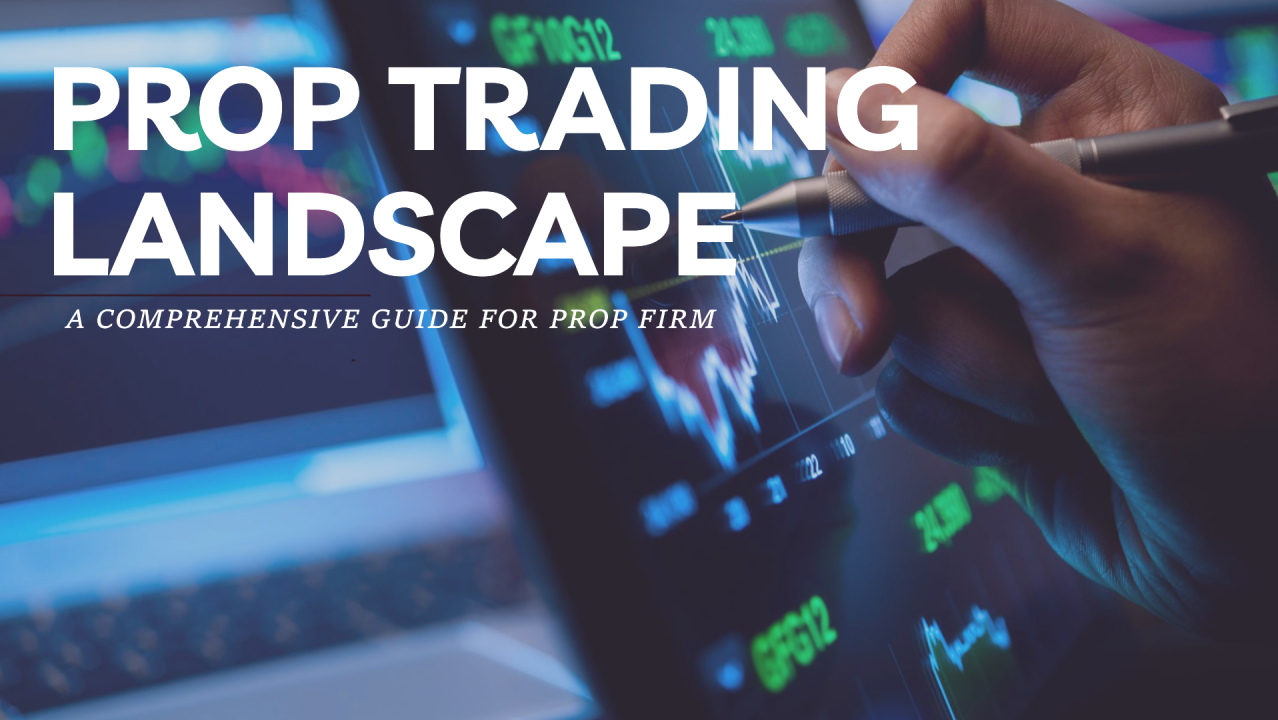The rise of proprietary trading firms has transformed how traders approach the forex market. For many aspiring professionals, joining a forex prop firm provides access to larger capital pools, advanced analysis tools, and the structure needed to refine trading skills. In fact, traders seeking the best prop firm in India often turn to firms that not only provide funding but also offer educational resources and strategic support. Platforms like FundedFirm have emerged as leading destinations for funded account opportunities for Indian traders.
For those who are new to funded accounts, understanding the principles of risk management and psychology are equally important as identifying technical setups. Reading resources like this guide on forex trading for beginners can provide the foundational knowledge essential before stepping into advanced market analysis or high-volume prop trading environments.
Understanding Forex Prop Firms
A forex prop firm provides traders with company-funded accounts, allowing them to trade on the firm’s capital rather than their own. This model benefits both parties: the trader gains access to significantly larger funds, while the firm earns a share of profitable trades. What differentiates a successful trader in this environment often comes down to a refined forex prop firm strategy—one that balances risk, adapts to market conditions, and leverages both technical and fundamental signals.
Unlike retail trading accounts, prop firms enforce strict risk management rules. These parameters may include maximum daily drawdown limits, profit targets, and position sizing restrictions. For traders, this creates both discipline and structure. While it may feel restrictive at first, it ultimately builds consistency and eliminates impulsive decision-making.
Core Principles of a Forex Prop Firm Strategy
To succeed, traders must tailor their forex trading strategy to meet both market demands and the prop firm’s evaluation structure. Here are the essential pillars:
- Risk Management First: Never risk more than 1-2% per trade. Maintaining strict stop-loss levels is crucial when trading firm capital.
- Consistency Over Aggression: Prop firms prioritize consistent profitability over short-term high wins. A steady 3-5% monthly yield often outweighs volatile double-digit performance.
- Leverage Data-Driven Decisions: Successful traders don’t rely solely on intuition. They integrate forex market analysis, combining technical charting with event-driven fundamentals like central bank announcements.
- Adapt to Market Sessions: Identifying liquidity zones during London and New York sessions allows traders to capitalize on volatility without overtrading.
- Keep a Trading Journal: Tracking setups, outcomes, and emotional states helps sharpen the strategy and avoid recurring mistakes.
Forex Market Analysis in Prop Firm Trading
Conducting frequent forex market analysis is non-negotiable when trading large capital. Analysis typically combines:
- Technical Tools: Key support/resistance levels, Fibonacci retracements, and moving averages to map price momentum.
- Fundamental Drivers: Economic reports (like NFP, CPI, GDP) and monetary policy signals provide macro-level context for directional bias.
- Sentiment Measures: Reading COT reports, liquidity imbalances, and institutional order flows helps anticipate possible reversals or continuation patterns.
Traders who align their market view with broader prop firm rules often demonstrate an edge. For instance, even the strongest bias must be backed by disciplined execution that respects maximum loss thresholds.
Practical Strategies Traders Can Apply
Proprietary firm trading strategies differ from conventional retail tactics because of stricter parameters. Some practical approaches include:
- Scaling Gradually: Start with smaller position sizes that allow survival through volatility while gradually meeting profit targets.
- Intraday Precision Trading: Utilize scalp or intraday trades with strict risk-to-reward rules when high-impact events create reliable patterns.
- Swing-Position Blends: Alternate between short-term and swing setups, diversifying entries to achieve steady equity growth.
- Event-Driven Trading: Preparing structured strategies around news events offers both high-probability entries and strict order planning.
Expert Insights from Prop Firm Environments
As an expert trader analyzing this industry, one observation stands clear: traders who treat prop accounts as structured businesses thrive far more than those treating them like short-term opportunities. Patience and resilience matter. A trader can fail multiple evaluations before eventually creating a sustainable path to funding.
Moreover, the forex prop firm strategy a trader applies must evolve with experience. Early attempts should focus on rule adherence and psychology control—elements where most fail. Advanced phases then allow for calculated creativity, such as strategy diversification or algorithmic integration.
The advantage of a prop firm lies in accountability. By having risk rules externally enforced, traders are pushed toward professional behavior. This mirrors how institutional firms cultivate discipline, fostering skillsets far beyond what retail trading normally teaches.
Conclusion
Prop trading has opened doors for countless retail traders who once struggled to scale with personal capital. The combination of structured evaluation, strict risk management, and access to professional tools creates an environment designed to sharpen trading performance. But the path requires more than ambition—it takes discipline, strategy, and continuous forex market analysis.
If you are aiming to expand beyond retail limitations and join a professional environment, exploring partnerships with the best prop firm in India could be the transformational step forward. Firms like FundedFirm give traders the opportunity to grow their skills while leveraging institutional-grade funding. Pair this with consistent practice and a well-defined forex prop firm strategy, and the journey toward consistent success becomes not just possible—but sustainable.

